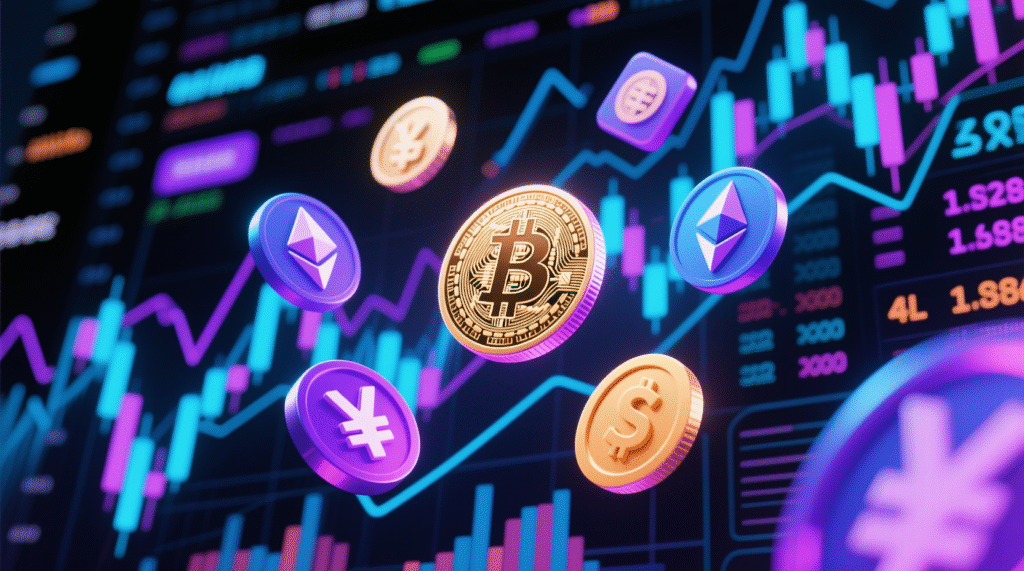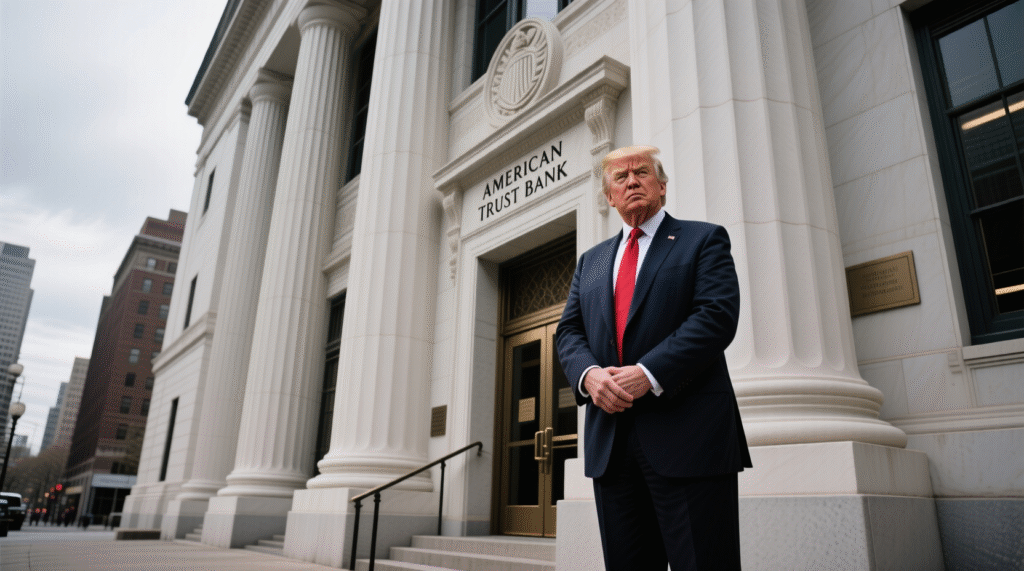Summary: What is South Korea dоing to рrepare for the future of digital finance?
Key Points
- Summary: What is South Korea doing to prepare for the future of digital finance
- South Korea is introducing new laws to support tokenized securities and regulate stablecoins
- These measures include recognizing blockchain for record-keeping and allowing financial institutions to issue digital assets
South Korea is introducing new laws to support tokenized securities and regulate stablecoins. These measures include recognizing blockchain for record-keeping and allowing financial institutions to issue digital assets. Banks are also forming dedicated teams and infrastructure to support this shift.
South Korea has advanced a landmark tokenized securities law while competing legislative efforts to regulate stablecoins are gaining momentum, signaling a significant shift in the nation’s approach to digital finance.
The Token Securities Act, backed by bipartisan support in South Korea, is set to introduce sweeping updates to the Electronic Securities Act and the Capital Market Act. The legislation will formally recognize blockchain as a valid method for record-keeping and provide the legal foundation for financial institutions to issue and manage tokenized assets, including stocks, bonds, and private equity.
Related: CFTC Opens Door for National Trust Banks to Issue Stablecoins
South Korea’s efforts to accelerate crypto-friendly legislation have gained new momentum following the passage of the GENIUS Act in the United Statеs. The GENIUS Act, which stands for Guiding and Establishing National Innovation for U.S. Stablecoins Act, establishes a clear regulatory framework for payment stablecoins by assigning oversight responsibilities to key federal agencies such as the OCC, Federal Reserve, and FDIC.
Furthermore, as legislative discussions around stablecoin regulation gain momentum, South Korea’s financial sector is moving swiftly to prepare for the anticipated changes. Local reports indicate that major banks are proactively laying the groundwork by creating specialized internal teams and forming strategic consortia aimed at supporting the future issuance and management of stablecoins.
Related: Judge Allows Insider Trading Lawsuit Against Coinbase Execs
Woori Bank, one of South Korea’s leading commercial banks, reportedly launched a dedicated Digital Asset Team to oversee its expanding portfolio of digital finance initiatives. The specialized unit is tasked with developing and managing a range of services, including stablecoins and electronic wallets, as part of the bank’s broader strategy to position itself at the forefront of the evolving digital asset landscape.
In addition to major commercial banks, South Korea’s internet-only and regional banks are also taking steps to prepare for upcoming stablecoin regulations. K Bank hаs reportedly formed a dedicated digital asset task force to explore opportunities in the sector, while Busan Bank continues to expand its blockchain capabilities through a specialized team within its platform business division. This unit oversees the Citizen Platform, the bank’s local currency initiative, and serves as the core organization managing its blockchain-related operations.
As South Korea accelerates its digital finance overhaul, the convergence of regulatory clarity and institutional readiness suggests a rapidly approaching shift in how financial assets are issued, managed, and exchanged. With momentum building across both the public and private sectors, the country appears poised to emerge as a key player in the global race toward blockchain-powered finance.












